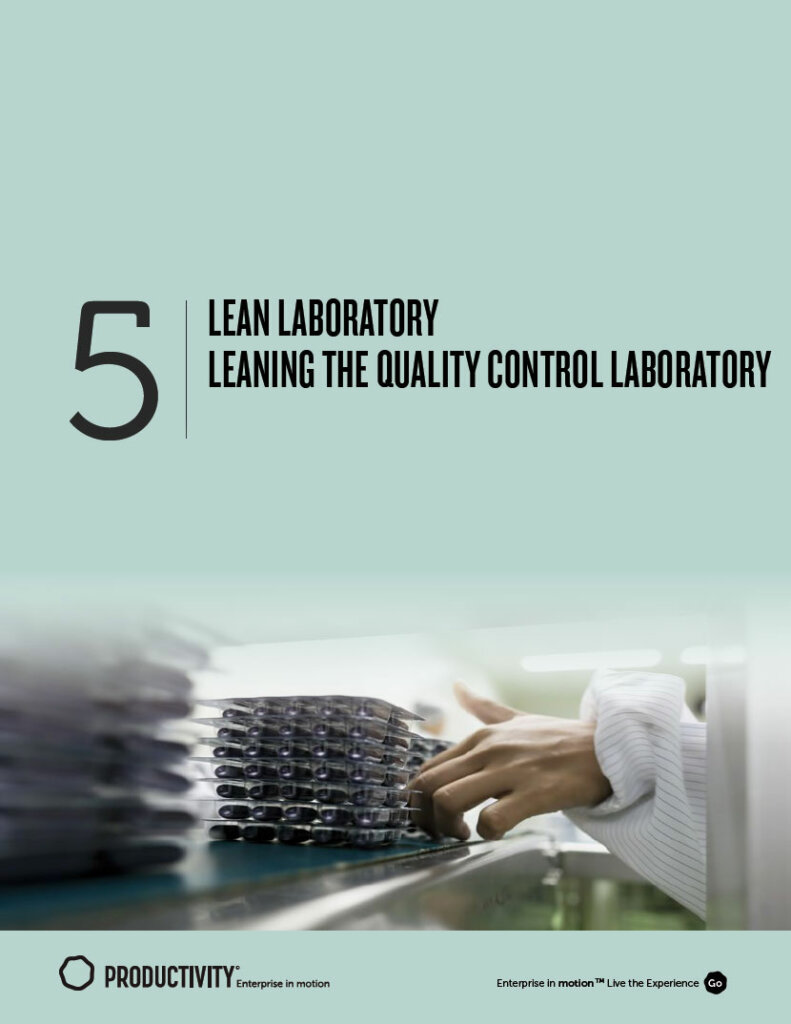Pharmaceutical manufacturers continue to operate in an increasingly competitive environment, contending with issues that run the gamut from lost revenue from expired, patents, ballooning costs for new drug research and development, changes required by new regulations and other compliance mandates and global market pressures to reduce costs and improve quality and delivery.
The quality control (QC) laboratory plays a critical role in pharmaceutical production, for both in-process and finished product testing. Labs not only monitor and control the quality of incoming APIs (active pharmaceutical ingredients), and other supplies used in the manufacturing process; QC Labs are also instrumental in the batch release process.
As a result, steady pressure is on to improve QC lab operations. In general, the challenge boils down to this: finding a way to improve capacity and utilization of resources, reduce lead times while increasing reliability, and speed up the authorizations required for compliance; for both production and batch release.
Lean thinking provides useful ways to address the challenge. However, while lean has been used extensively in many discrete and process manufacturing industries, laboratories have lagged behind in applying lean principles. But they are starting to catch up. Many of these same principles can work in virtually any laboratory environment, including medical and clinical laboratories, as well as laboratories in other types of chemical manufacturing.
(…)



